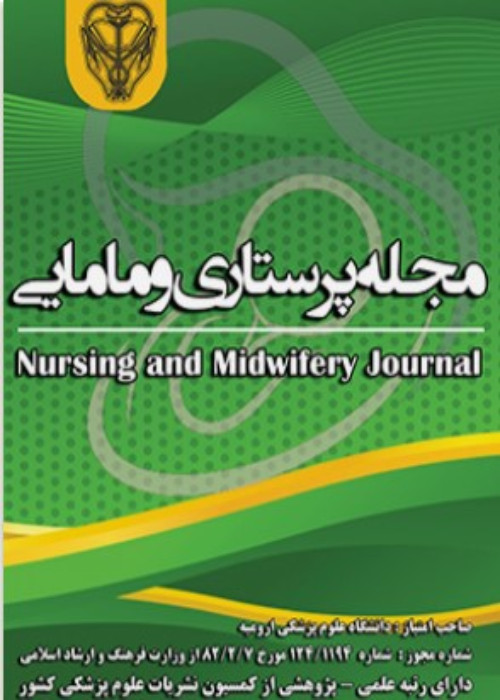THE RELATIONSHIP BETWEEN SELF-EFFICACY AND PERCEIVED SOCIAL SUPPORT WITH THE INTENTION TO HAVE CHILDREN IN MARRIED WOMEN OF ALBORZ CITY IN 2023
Background & Aim</span>:</span> Reducing the total fertility rate below the replacement level of the population and the annual decrease of the population is one of the problems of Iranian society today. The present study aimed to determine the relationship between self-efficacy and perceived social support on the intention to have children in married women.</span></span></span></span></span>
Materials &Methods</span>:</span> This descriptive cross-sectional-correlation study was conducted from July 2022 to October 2023 on 345 eligible women in 8 selected sites affiliated with Alborz University of Medical Sciences. Sampling was done in two stages. First, stratified sampling was performed to select the facilities. Then, the participants were selected using a simple random method. Data was collected through demographics, fertility tendency, self-efficacy, and perceived social support questionnaires. SPSS software version 28.0 was used to analyze the data. ANOVA tests, Tukey's post hoc test, Pearson's correlation test, and multiple linear regression were used</span>.</span></span></span></span></span>
Result</span>:</span> The self-efficacy had an inverse and significant correlation with the intention to have children (r=0.199, P<0.001). The perceived social support had a direct and significant correlation with the intention to have children (r=0.112, P<0.05). Self-efficacy and perceived social support did not significantly affect the intention to have children. Among the demographic variables, being an employee (β=-0.219, P<0.005) was a negative predictor of the intention to have children.</span></span></span></span></span>
Conclusion</span>:</span> According to the present study, demographic characteristics affected the intention to have children. So, being an employee is considered a threatening factor for women's intention to have children.</span> Thus, government support such as remote work options for working women, more vacation days or hourly leave (for breastfeeding or caring for children), low-cost and high-quality institutional kindergartens, and more cooperation with working women can be helpful.</span></span></span></span></span></span>
- حق عضویت دریافتی صرف حمایت از نشریات عضو و نگهداری، تکمیل و توسعه مگیران میشود.
- پرداخت حق اشتراک و دانلود مقالات اجازه بازنشر آن در سایر رسانههای چاپی و دیجیتال را به کاربر نمیدهد.


